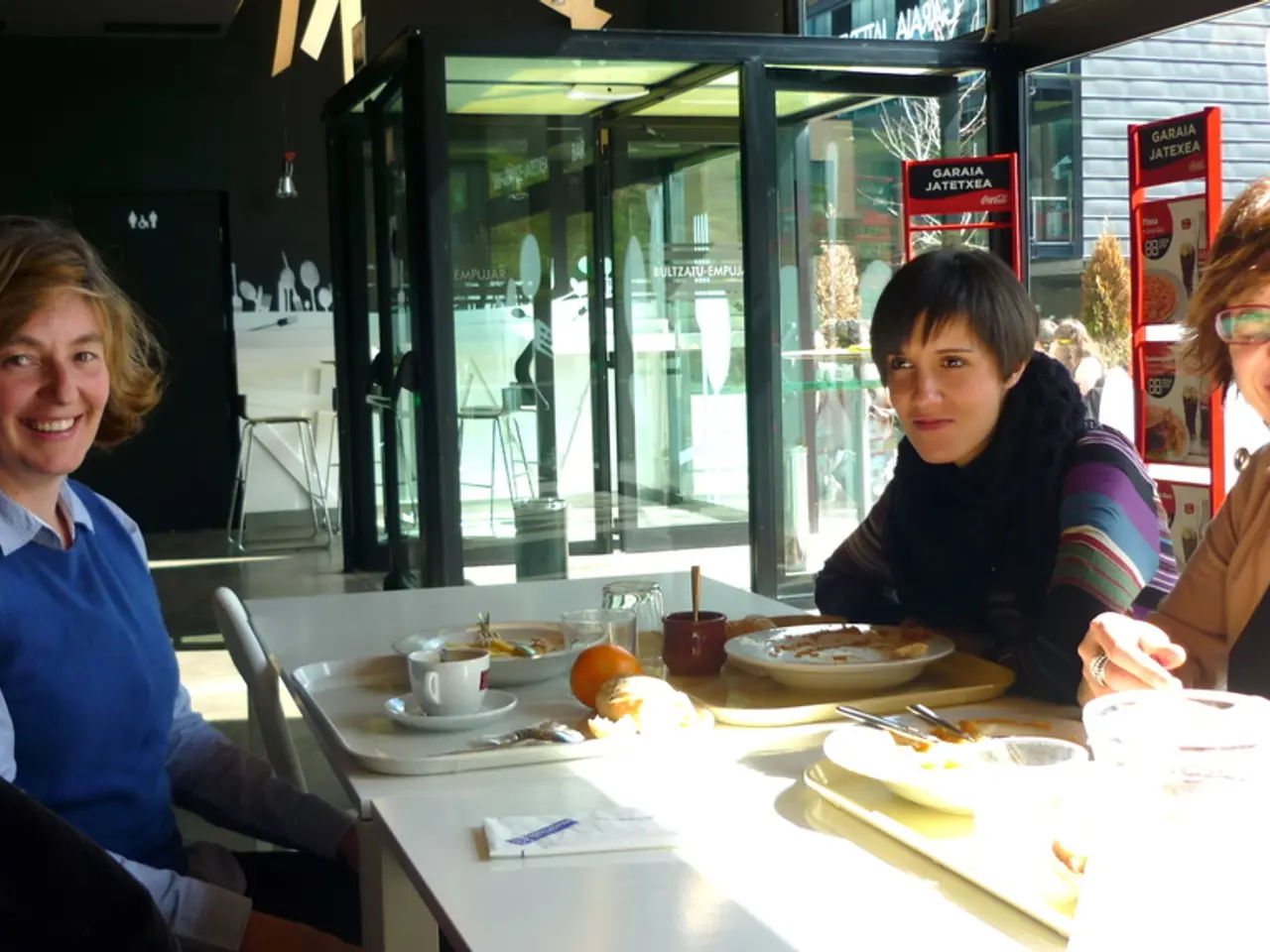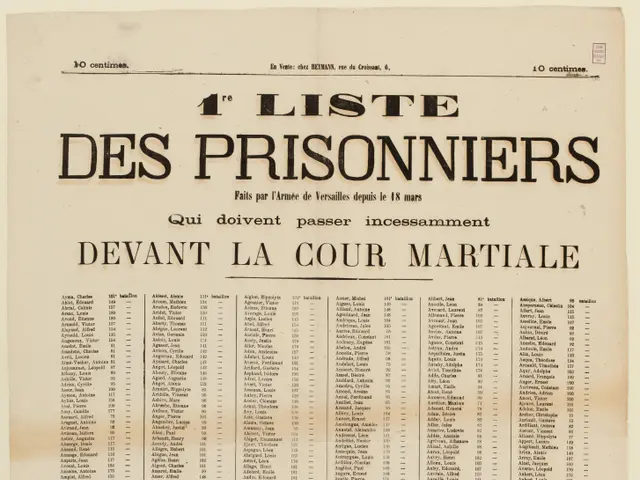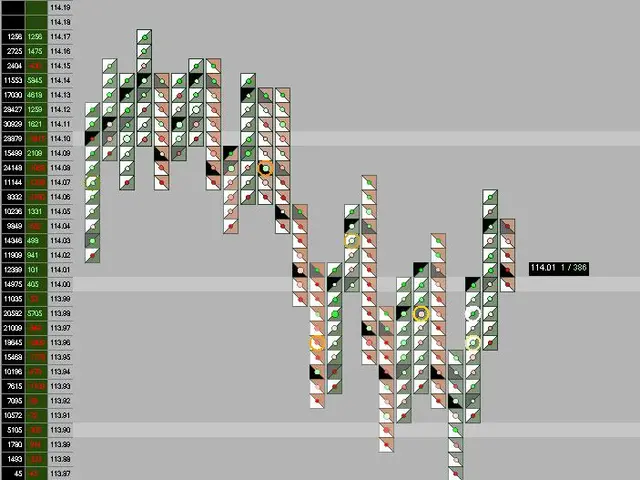Decrease in Restaurant and Hotel Businesses in Germany by 0.1% in the initial half of the year
In the first half of 2024, the German hospitality industry experienced a slight decline in revenue, with a real revenue decrease of 3.7% compared to the same period in the previous year. This decline was primarily due to a decrease in the earnings of restaurants, bars, hotels, and other accommodation facilities.
The revenue drop was not limited to a specific sector within the hospitality industry, as all sectors felt the impact. Restaurants saw a more significant decline, with a 4.1% drop in real revenue, despite a slight nominal increase of 0.1%. Hotels experienced a 2.6% decrease in real revenue and a 0.2% drop nominally.
The decline in the industry's revenue has been a consistent trend over the past few months. June 2024 saw even steeper year-on-year declines in real revenue (5.9%) and nominal revenue (3.4%).
The situation in the German hospitality industry is tense, as stated by Dehoga President Guido Zöllick. The decline in revenue is attributed to several factors, including the restoration of the full 19% value-added tax (VAT) on food in 2024 after the reduced 7% rate, which had been introduced during the COVID-19 pandemic, expired. This tax change led to higher prices, which pressured consumer spending and contributed to decreases in real revenue despite nominal revenues being relatively stable.
Additional factors include ongoing economic uncertainties that affected domestic and international visitor numbers, rising operational costs, and altered consumer spending patterns, especially affecting restaurants more than hotels. Customers are eating out less often, choosing cheaper dishes, and skipping extras like appetizers or a second drink, according to Dehoga.
The consumer climate barometer, calculated by GfK market researchers and the Nuremberg Institute for Market Decisions (NIM) in a survey of 2,000 consumers, also suggests a deterioration in consumer sentiment in Germany. The barometer dropped by 1.2 points in August, reaching a level of -21.5 points, indicating that a consumption boom is not imminent in Germany.
Many small and medium-sized family businesses in the German hospitality industry are particularly affected by the current situation. The outlook for the second half of 2024 in the German hospitality industry is dampened, as stated by Dehoga President Guido Zöllick.
However, there is a glimmer of hope for the industry. The new German government plans to reinstate the reduced 7% VAT rate on food next year to help stabilize the sector. This move is welcomed by the industry, as it could help alleviate some of the pressure on consumer spending and potentially reverse the current revenue trend.
Sources:
[1] Deutsche Wirtschafts Nachrichten. (2024). German Hospitality Industry Faces Revenue Decline in First Half of 2024. Retrieved from https://www.dw-nachrichten.de/wirtschaft/deutschland/german-hospitality-industry-faces-revenue-decline-in-first-half-of-2024/
[2] Reuters. (2024). German Hospitality Industry Struggles in First Half of 2024. Retrieved from https://www.reuters.com/business/german-hospitality-industry-struggles-first-half-2024/
[3] Deutsche Hospitality Association (Dehoga). (2024). Statement on the Current Situation in the German Hospitality Industry. Retrieved from https://www.dehoga.de/en/statements/statement-on-the-current-situation-in-the-german-hospitality-industry/
[4] Spiegel Online. (2024). German Government to Reinstate Reduced VAT Rate on Food to Help Hospitality Industry. Retrieved from https://www.spiegel.de/wirtschaft/soziales/deutsche-regierung-will-reduzierte-mwst-rate-fur-essens-zurueck-fuer-gastraumwirtschaft-a-129261457.html








